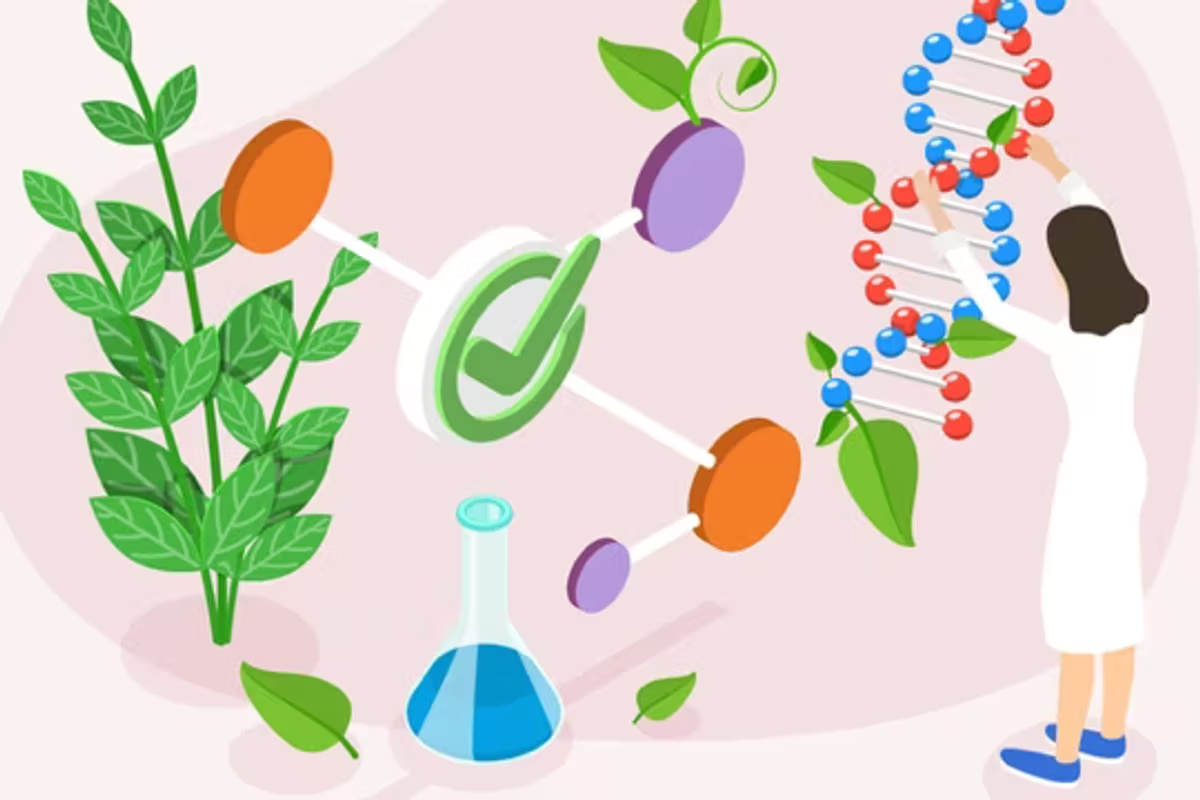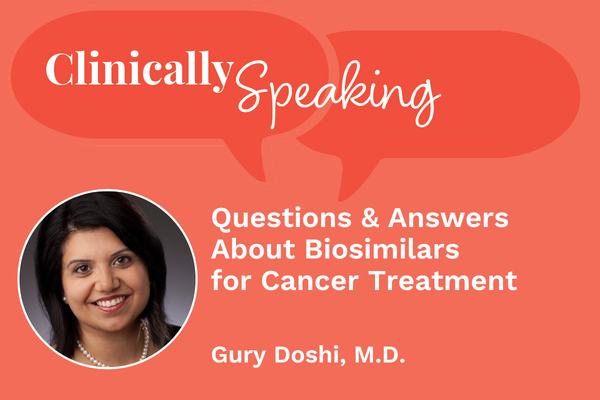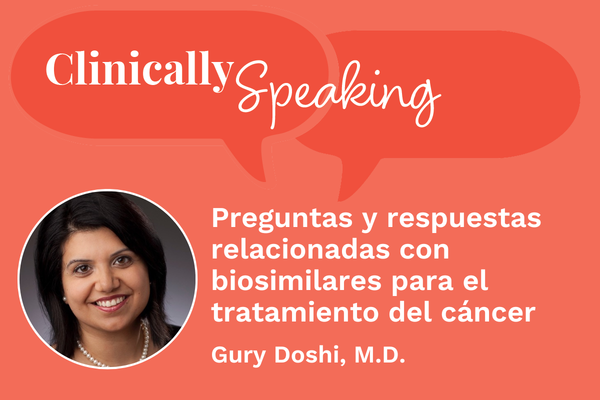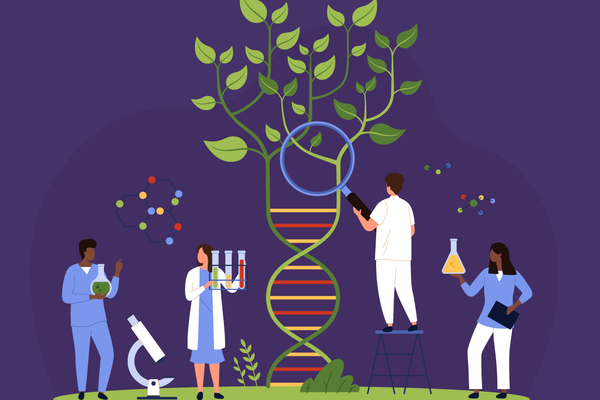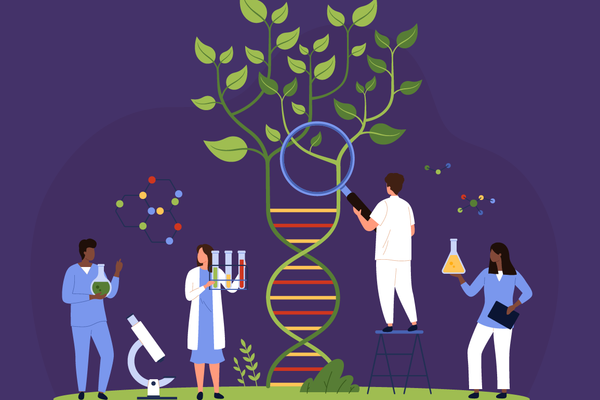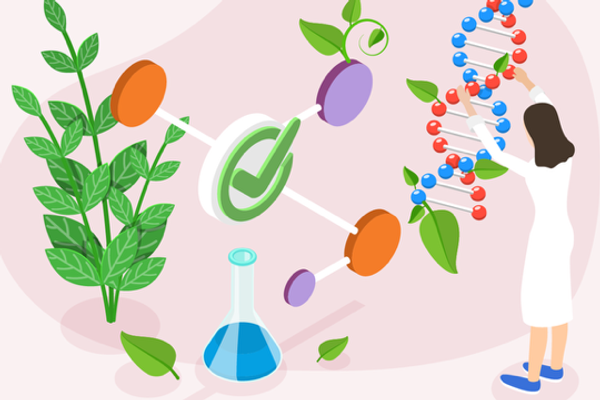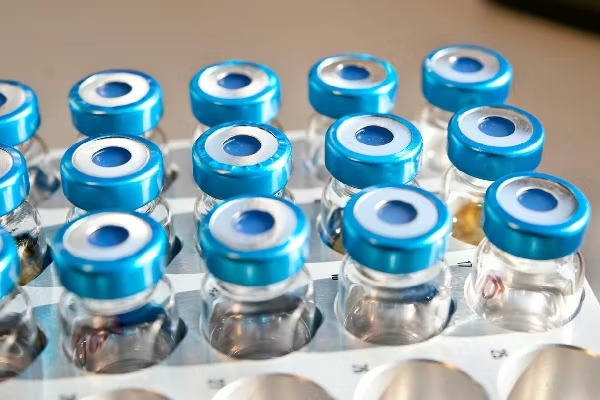Slide 2: Biologics in Brief
Biologics are medicines made from living cells.
They’re made of large, complex proteins that can target disease in ways other drugs can’t.
Because they’re so complex, they cannot be copied exactly. But medicines that work in a similar way — called biosimilars — can be made based on biologics.
Slide 3: Understanding Biosimilars
Biosimilars are nearly identical copies of biologics. They provide the same benefits, have the same side effects, and are given at the same dosing. A biosimilar is just as safe and effective as the original biologic, which is called the “reference” drug.
Slide 4: Why Biosimilars Matter
Biologics can treat serious, chronic diseases like:
- Arthritis
- Cancer
- Psoriasis
- Autoimmune diseases
But they’re expensive and time-consuming to develop.
Biosimilars offer the same treatment options at a lower cost , so more people can get access to advanced therapies.
Slide 5: Making a Biosimilar
Making a biosimilar is a little like cooking a complex dish. Living cells are given genetic instructions, like a recipe, for making a specific protein.
Under carefully controlled conditions, they create the proteins that are then purified for use as medicines.
Slide 6: Checked for Safety
Biosimilars go through a strict review process . To be approved, they must have no clinically meaningful differences from the reference biologic. They must:
- Use the same type of natural materials
- Closely match the molecular structure
- Have no clinically meaningful differences in safety or side effects
Slide 7: Proven Effectiveness
Studies confirm that biosimilars give the same results as biologics, with no important differences in safety or side effects.
Biosimilars are only approved if they also match the reference drug’s dosage, strength and effectiveness.
Slide 8: Conditions Biosimilars Treat
Biosimilars are used to treat serious and chronic diseases:
- Psoriasis
- Crohn’s disease
- Ulcerative colitis
- Diabetes
- Arthritis
- Multiple sclerosis
- Kidney disease
- Osteoporosis
- Breast, colon, and lung cancers
Slide 9: Benefits of Biosimilars
Biologics can cost billions to develop, so they’re expensive to use. Making biosimilars takes less time and money, so they’re more affordable.
Biosimilars can help make these treatments available to more people who need them.
Slide 10: Find Out if Biosimilars Are Right for You
Here are some questions to ask your healthcare provider:
- Is there a biosimilar for my condition?
- How does it compare with other treatments?
- Will switching change side effects or results?
- Is it given at home or in a clinic? Injection or IV?
This educational resource was created with support from Sandoz.
- Biosimilars and Women's Health: Realizing the Potential ›
- How Are Biosimilars Made? ›
- Biosimilars Basics ›
- Biologics, Biosimilars and Generics: What’s the Difference? ›
- Biosimilars 101 ›
- How Biosimilars Help with Chronic Conditions - HealthyWomen ›
- Biosimilars for Cancer Treatment - HealthyWomen ›

